Wild Camping ruled legal on Dartmoor by UK's Supreme Court
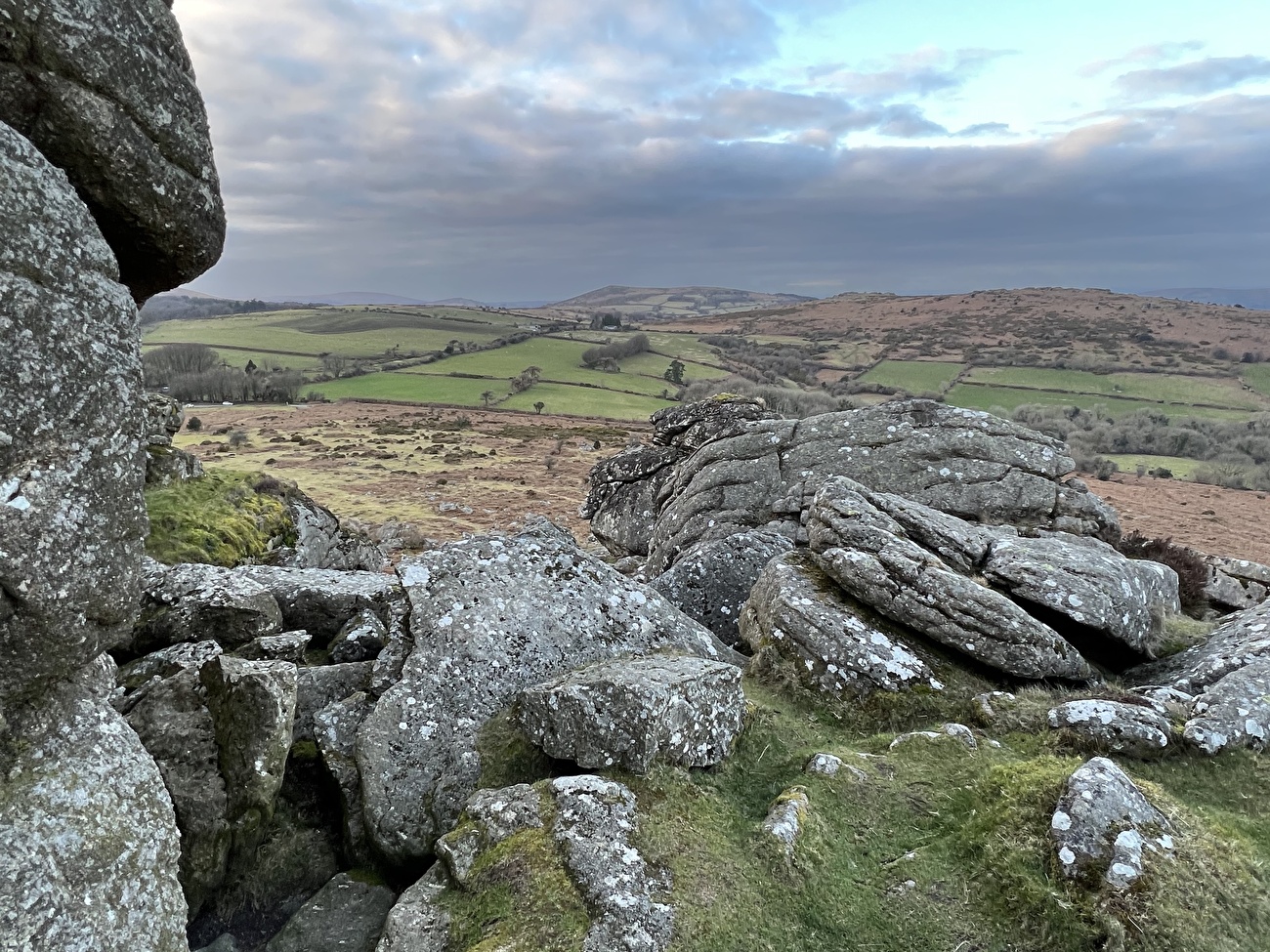
 1 / 9
1 / 9 Nicholas Hobley
Nicholas Hobley
The Supreme Court of the United Kingdom has ruled that wid camping is legal on Dartmoor, the vast vast moorland in the county of Devon, in southwest England. This landmark decision effectively restores the long-standing public right to camp on the land without prior permission from the landowner and marks an important victory for land access rights in England.
Although Dartmoor has been protected by National Park status since 1951, over half of the park is private land. A dispute arose two years ago when one of the landowners, a multimillionaire hedge fund manager, sought to ban camping on his 4,000-acre estate in southern Dartmoor without prior permission, arguing it affected his conservation efforts and put his livestock at risk. After taking the Dartmoor National Park Authority (DNPA) to court, the landowner won in 2023 but lost on appeal and consequently brought the case to the highest Court in the United Kingdom's judicial system which, earlier today, upheld the decision to allow wild camping on Dartmoor.
Kevin Bishop, the CEO of Dartmoor National Park, told the Guardian: “I am over the moon, if I am honest. We are delighted and relieved. It’s a really good day for Dartmoor, for people who access the national park and for future generations as well as this enshrines their right to enjoy the park. We have defended the right to access but will ensure people access responsibly and treat the commons, and the landowners, with respect. The judgment goes back to the people who fought for our national parks in the first place and what they intended for our parks – they are for the many not for the few."
While welcoming the decision, Dr Catherine Flitcroft, Head of Access and Conservation at the British Mountaineering Council, said "this is such welcome news and a relief that the judges unanimously rejected the appeal by just one landowner who tried to extinguish the rights and freedoms of the public. The true spirit and meaning of the 1985 Act was understood and upheld – its great we have won such as a test case for countryside access."
"However, our work is not done. The BMC’s vision is clear: people should be free to camp in a self-sufficient, low-impact, and environmentally respectful way. Instead of heavy-handed restrictions, we believe in empowering individuals through guidance, education, and best practice."
On its website the BMC, which represents the interests of 75,000 climbers, hill walkers and mountaineers, stated "While we celebrate this legal win, it also exposes deeper vulnerability in England and Wales’ access laws. The fact that one individual was able to use personal wealth to challenge public rights and suspend wild camping, however temporary, underscores how fragile our access to nature is.
In England and Wales, our access to green and blue spaces remains severely limited compared to countries like Scotland, where the Land Reform Act 2003 provides robust access rights. Dartmoor’s case reveals we need urgent stronger, clearer legislation that both defends existing rights and expands access for everyone."
Campaigners are pushing the government to revive plans to legalise the right to roam across the entire country.



 Copia link
Copia link


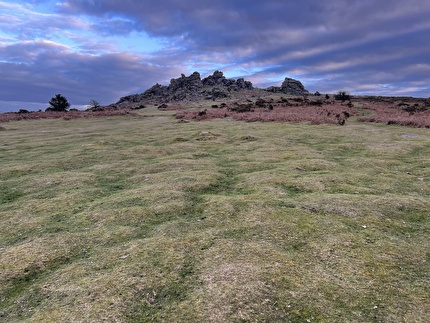
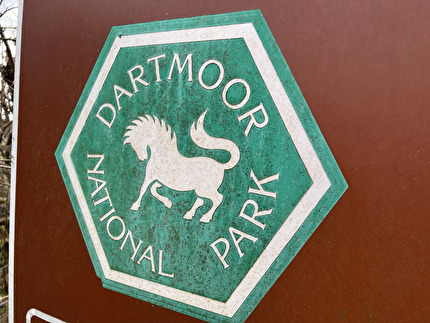
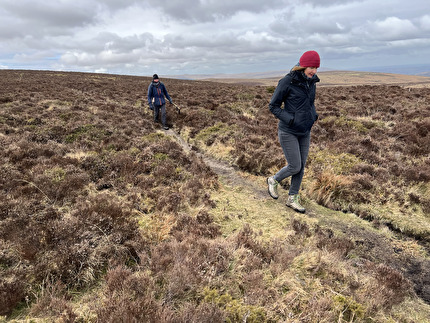
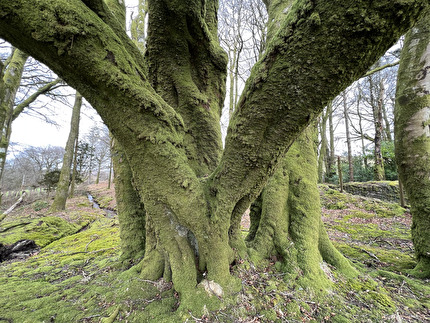
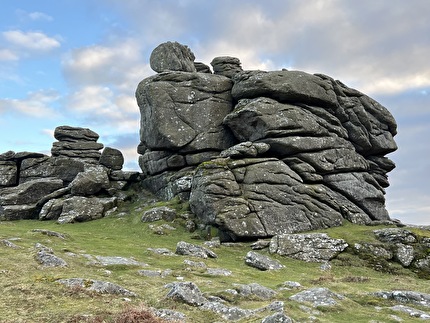
 See all photos
See all photos






















